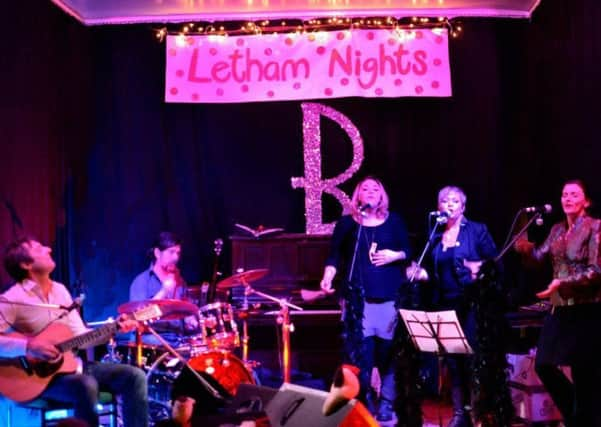Rachel Newton: Why is live Scottish traditional music dominated by men?


And I wanted to know why the woman’s role in a headlining festival act is so often the lead singer of a band full of male instrumentalists.
This wasn’t the first time I’d used social media to talk about women in folk music. I did the same thing a couple of years ago when one of my bands, The Shee, was told we weren’t getting booked to play a festival because they already had their ‘girl band’ for that year.
Advertisement
Hide AdAdvertisement
Hide AdThe response to both posts was overwhelming. In the post about The Shee it was mostly a call to name and shame the festival, but to me that wasn’t getting at the root of the problem.
The response to my second post really made me realise what an important topic gender in traditional music is to a lot of people working in the industry, and that it was something worth discussing further. I wanted to figure out what could be done to encourage a positive and inclusive shift towards gender equality.
One of the main issues that came out of the discussion at Celtic Connections was the need for detailed research into female representation at festivals and other performance platforms across the country. And not just as performers, but as artistic directors, technicians, agents, managers and board members.
I’d like to find out why the many females playing musical instruments at education groups such as the Feis or studying folk and traditional music at university often don’t go on to forge a career in performance on the same scale as their male counterparts.
Other topics that were covered included quotas, mentoring and the need for more female role models, creating networks and how to tackle childcare issues.
For me, it’s not that folk and traditional music are any worse when it comes to gender inequality than any other artistic genre. All of the issues raised at the talk were similar to those I’ve heard discussed in a number of the creative industries. It’s just that I don’t think it has been addressed and challenged in the same way.
It’s a very small scene and there is a fear of rocking the boat, which has been made clear to me by the number of private messages I’ve received from women not wanting to speak out publicly for fear of offending or losing work. I was nervous myself about speaking out and what the response would be to the discussion at Celtic Connections.
In our bid to conserve and also to widen the appeal of folk and traditional music, I wonder if we are often too afraid to criticise anything about it in case we do it damage.
Advertisement
Hide AdAdvertisement
Hide AdAs someone who loves traditional music and has grown up in a music scene that often feels like an extended family, I think we do ourselves more damage if we don’t assess things critically and try to make positive changes.
To me it’s bizarre to think that Scottish traditional music is immune to gender inequality, which I believe still exists everywhere.
As a genre, I want us to be at the forefront of an open-minded and progressive way of thinking that reflects the values inherent to a music that was always meant for the people.
Rachel Newton is a singer and harpist who performs with the groups The Shee, The Furrow Collective and Boreas, as well as in her own band.